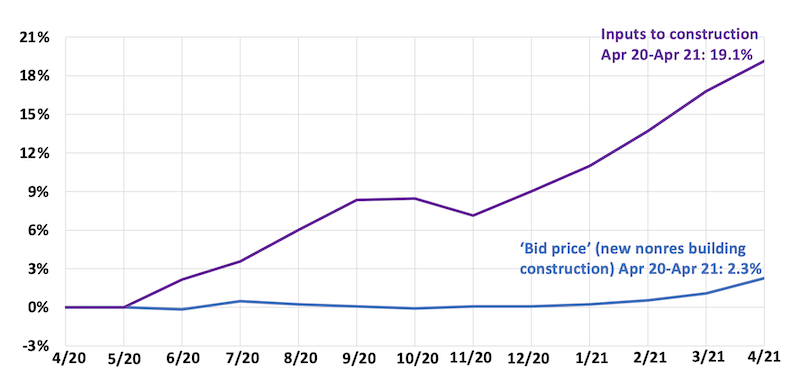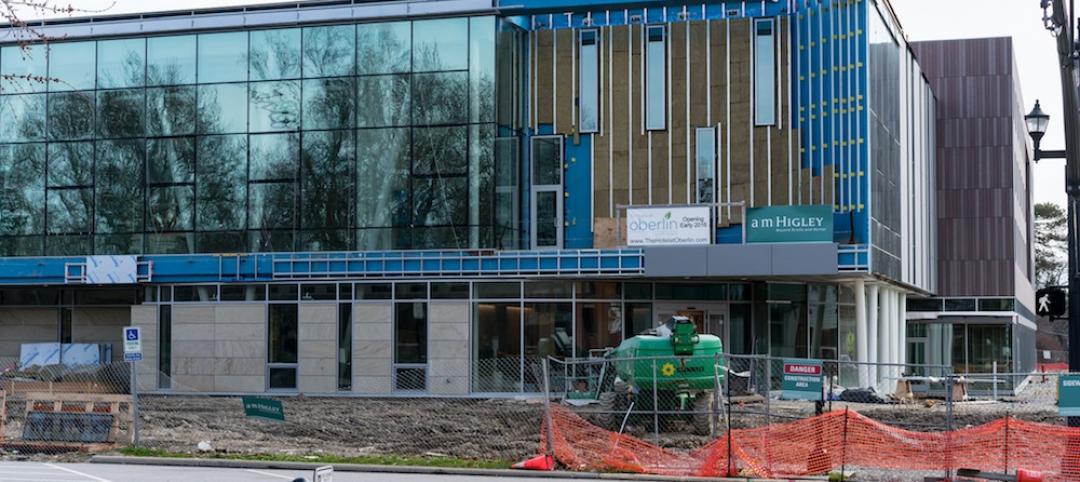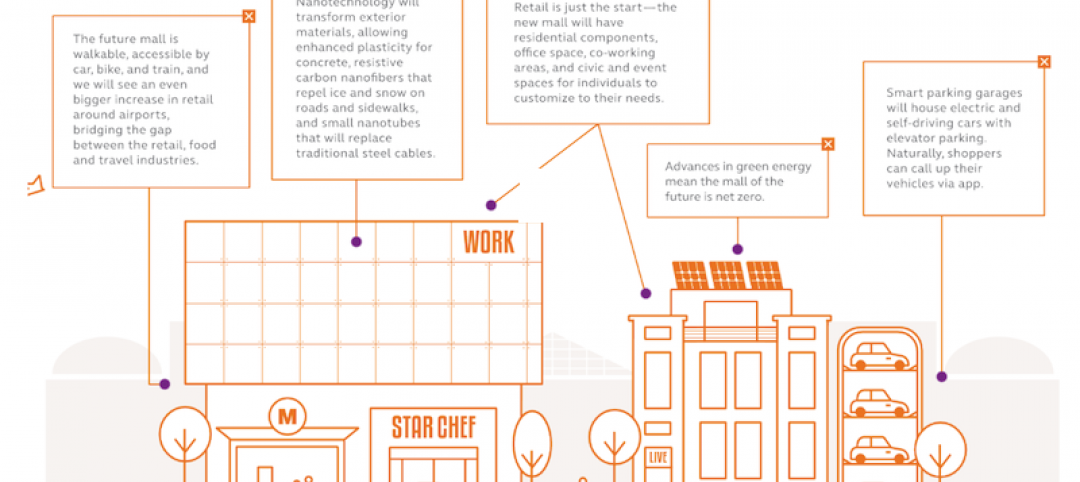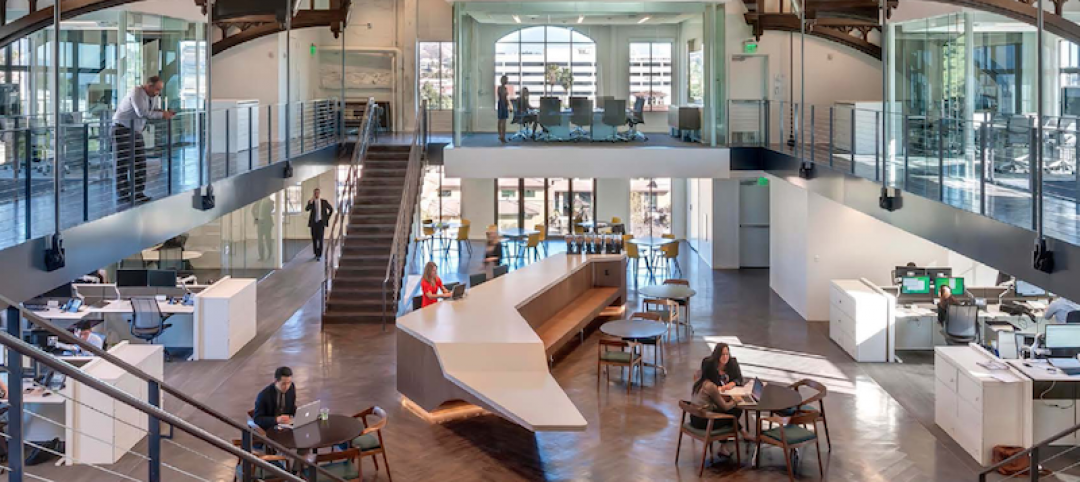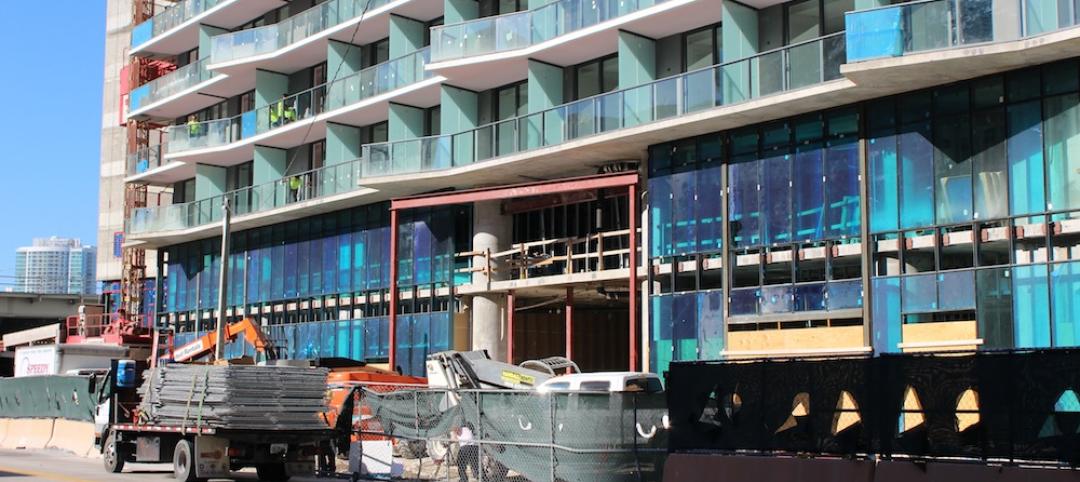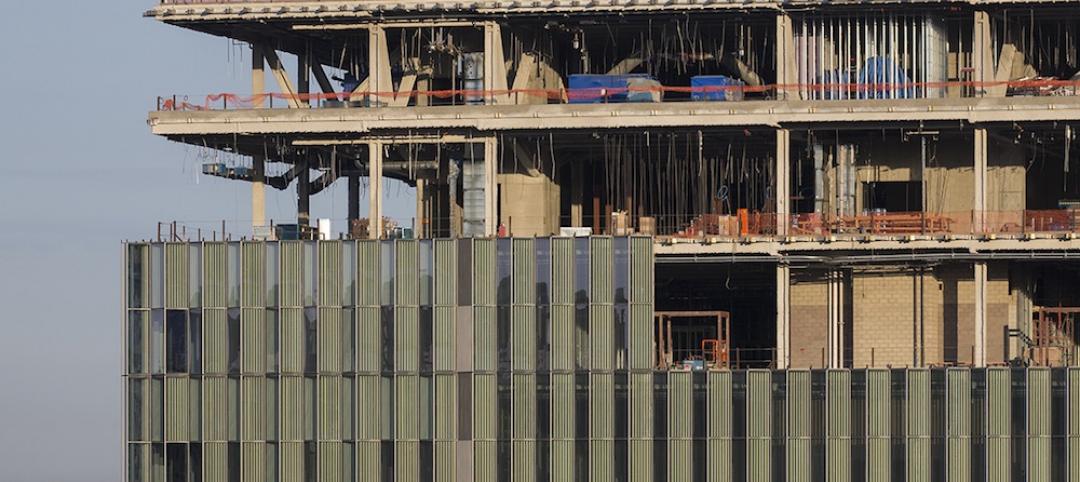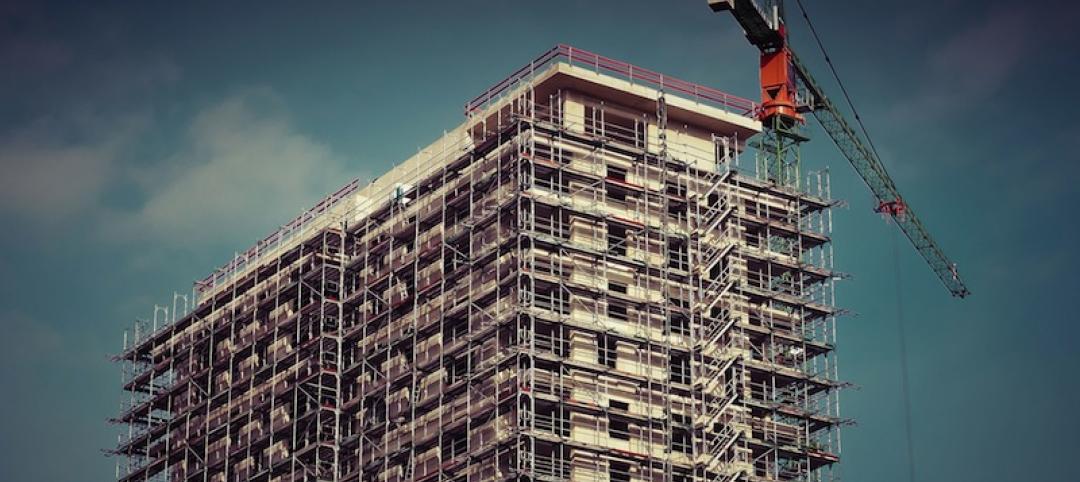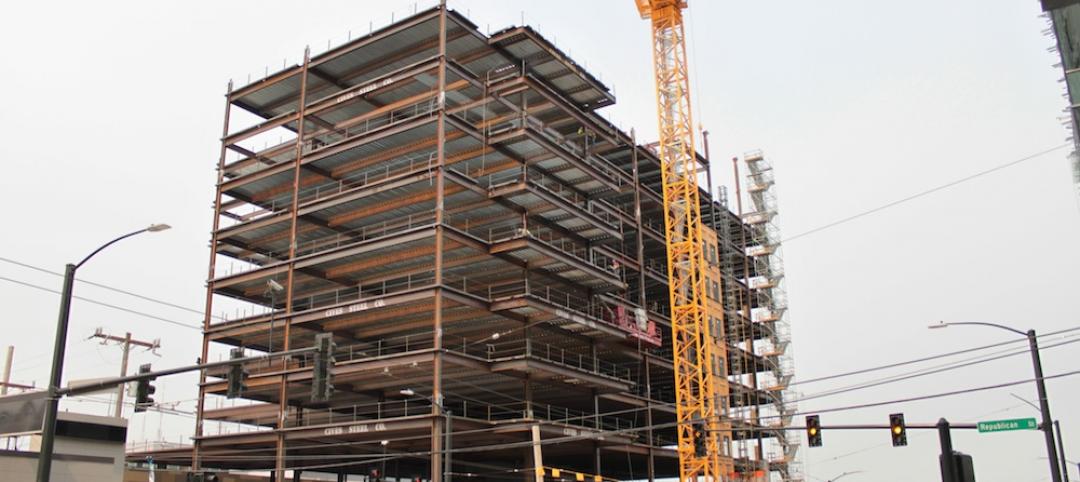The cost of goods and services used in construction accelerated further in April as more items logged double-digit increases over the past year, according to an analysis by the Associated General Contractors of America of government data released today. Meanwhile, nonresidential contractors struggled with delays in receiving materials and intensifying competition that limited their ability to pass on higher costs. Association officials urged the Biden administration to quickly roll back tariffs and quotas on imported construction materials that are adding to costs and availability problems.
“Today’s producer price index report—bad though it is—actually understates the severity of the problems contractors are experiencing,” said Ken Simonson, the association’s chief economist. “Many items have posted even steeper price increases since the data for this report were collected in mid-April, while lead times for producing goods and delivery times to distributors and worksites have grown ever longer and less certain.”
Prices for materials used in construction jumped 19.7% from April 2020 to last month. That was by far the largest increase in the 35-year history of the series, Simonson said. A series that includes services as well as goods purchased by contractors increased nearly as much, 19.1%. Meanwhile, the producer price index for new nonresidential construction—a measure of what contractors say they would charge to erect five types of nonresidential buildings—rose only 2.3% over the past 12 months, as competition for a shrinking pool of new projects forced contractors to absorb most of the increases.
Items with especially steep price increases over the past year ranged from lumber to metals to plastics. The producer price index for lumber and plywood soared 85.7% from April 2020 to last month. The index for steel mill products climbed 67%, while the index for copper and brass mill shapes rose 49% and the index for aluminum mill shapes increased 20.5%. The index for plastic construction products rose 14.2% amid growing scarcity of items such as PVC pipe, vinyl siding and moisture barriers, and resins used in paints and adhesives. The index for gypsum products such as wallboard climbed 12.1%.
Association officials said some of the supply chain problems have resulted from the pandemic or one-time events like the freeze in Texas last February that damaged plants producing inputs for construction plastics. But they added that federal policies, particularly tariffs and quotas on key building materials like lumber, steel, and aluminum have exacerbated the price spikes, supply shortages, and delivery delays. They urged the administration to end those import obstacles and explore ways to help uncork supply-chain bottlenecks.
“The Biden administration must address these unprecedented lumber and steel costs and broader supply-chain woes or risk undermining the economic recovery,” said Stephen E. Sandherr, the association’s chief executive officer. “Without tariff relief and other measures, vital construction projects will fall behind schedule or be canceled.”
View producer price index data. View chart of gap between input costs and bid prices. View AGC’s Construction Inflation Alert.
Related Stories
Market Data | Apr 4, 2016
ABC: Nonresidential spending slip in February no cause for alarm
Spending in the nonresidential sector totaled $690.3 billion on a seasonally adjusted, annualized basis in February. The figure is a step back but still significantly higher than one year ago.
Market Data | Mar 30, 2016
10 trends for commercial real estate: JLL report
The report looks at global threats and opportunities, and how CRE firms are managing their expectations for growth.
Market Data | Mar 23, 2016
AIA: Modest expansion for Architecture Billings Index
Business conditions softening most in Midwest in recent months.
Retail Centers | Mar 16, 2016
Food and technology will help tomorrow’s malls survive, says CallisonRTKL
CallisonRTKL foresees future retail centers as hubs with live/work/play components.
Market Data | Mar 6, 2016
Real estate execs measure success by how well they manage ‘talent,’ costs, and growth
A new CBRE survey finds more companies leaning toward “smarter” workspaces.
Market Data | Mar 1, 2016
ABC: Nonresidential spending regains momentum in January
Nonresidential construction spending expanded 2.5% on a monthly basis and 12.3% on a yearly basis, totaling $701.9 billion. Spending increased in January in 10 of 16 nonresidential construction sectors.
Market Data | Mar 1, 2016
Leopardo releases 2016 Construction Economics Report
This year’s report shows that spending in 2015 reached the highest level since the Great Recession. Total spending on U.S. construction grew 10.5% to $1.1 trillion, the largest year-over-year gain since 2007.
Market Data | Feb 26, 2016
JLL upbeat about construction through 2016
Its latest report cautions about ongoing cost increases related to finding skilled laborers.
Market Data | Feb 17, 2016
AIA reports slight contraction in Architecture Billings Index
Multifamily residential sector improving after sluggish 2015.
Market Data | Feb 11, 2016
AIA: Continued growth expected in nonresidential construction
The American Institute of Architects’ semi-annual Consensus Construction Forecast indicates a growth of 8% in construction spending in 2016, and 6.7% the following year.


